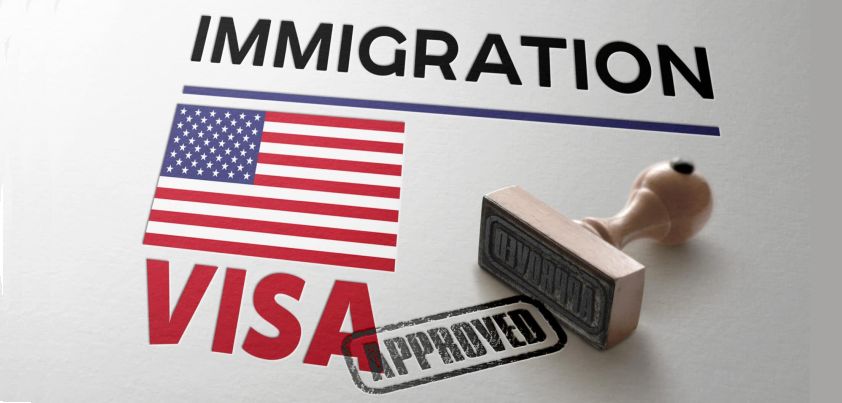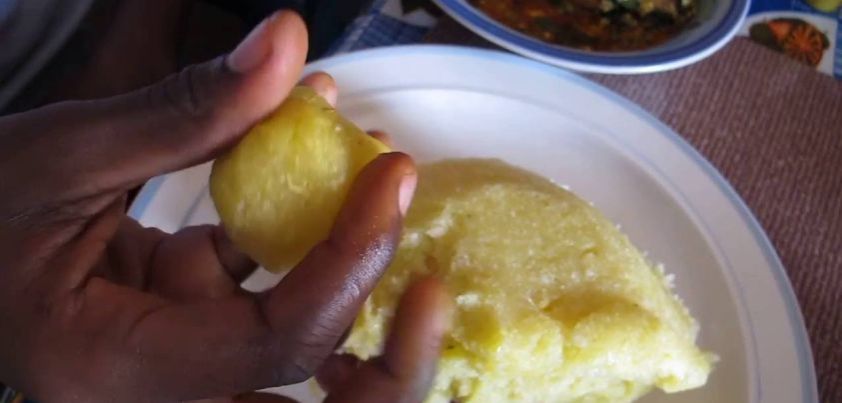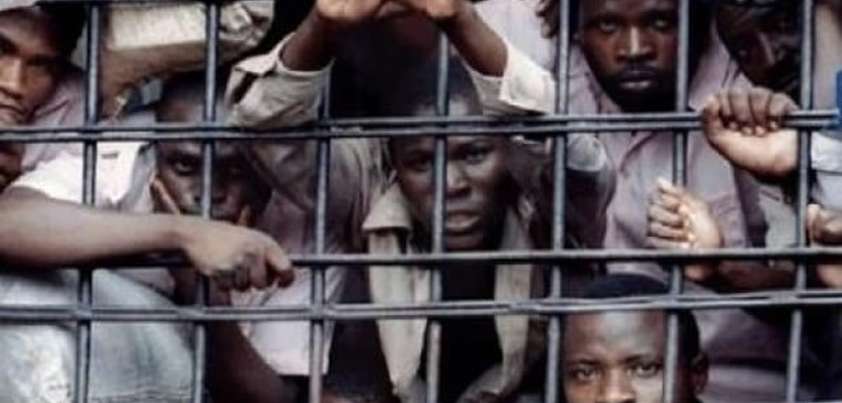 Set following Nigeria’s 1993 military coup, this Chimamanda Adichie story includes themes of corruption, civil unrest and army brutality. The protagonist has a seemingly perfect case for U.S. asylum. Her anti-government journalist husband has already fled to America, and some troops searching for him accidentally shot their four-year-old son. Yet mid-way through the visa interview, she decides not to continue. The shooting has caused her to question their future together. This introduces two additional themes: the strong ties Africans have to their roots, and the importance of traditions… in this case the need for someone to tend the boy’s grave. More…
Set following Nigeria’s 1993 military coup, this Chimamanda Adichie story includes themes of corruption, civil unrest and army brutality. The protagonist has a seemingly perfect case for U.S. asylum. Her anti-government journalist husband has already fled to America, and some troops searching for him accidentally shot their four-year-old son. Yet mid-way through the visa interview, she decides not to continue. The shooting has caused her to question their future together. This introduces two additional themes: the strong ties Africans have to their roots, and the importance of traditions… in this case the need for someone to tend the boy’s grave. More…
Archives
Apollo
 The major themes of this story by Chimamanda Ngozi Adichie are aging, parent-child relationships, class, sexuality, jealousy and betrayal. A young Nigerian man is reminded of a time when, thanks to a shared interest in martial arts, he had bonded with one of his family’s houseboys (Raphael). Despite their differences in age and social class, the two spent hours practicing moves and mock fighting whenever his parents were away. For the boy, the relationship changes when Raphael contracts Apollo (conjunctivitis) and is confined to his room. Later, jealousy leads to betrayal with dire consequences for poor Raphael’s future. More…
The major themes of this story by Chimamanda Ngozi Adichie are aging, parent-child relationships, class, sexuality, jealousy and betrayal. A young Nigerian man is reminded of a time when, thanks to a shared interest in martial arts, he had bonded with one of his family’s houseboys (Raphael). Despite their differences in age and social class, the two spent hours practicing moves and mock fighting whenever his parents were away. For the boy, the relationship changes when Raphael contracts Apollo (conjunctivitis) and is confined to his room. Later, jealousy leads to betrayal with dire consequences for poor Raphael’s future. More…
Real Food
 In this story by Chimamanda Ngozi Adichie, the term real food means food that is traditional to a culture. In Nigeria, the staple traditional dish is a type of flour known as garri. The girl in the story feels sick when she eats “swallow” (small lumps of cooked garri dough dipped in soup). She complains that it makes her throat itch, which indicates she may be allergic to it. Although the girl’s educated mother is understanding and accommodates her eating preferences, less informed relatives see this as a sign that she has abandoned her culture. Themes: family, culture, identity. More…
In this story by Chimamanda Ngozi Adichie, the term real food means food that is traditional to a culture. In Nigeria, the staple traditional dish is a type of flour known as garri. The girl in the story feels sick when she eats “swallow” (small lumps of cooked garri dough dipped in soup). She complains that it makes her throat itch, which indicates she may be allergic to it. Although the girl’s educated mother is understanding and accommodates her eating preferences, less informed relatives see this as a sign that she has abandoned her culture. Themes: family, culture, identity. More…
Cell One
 Some websites describe Nnamabia, the young protagonist in this story by Chimamanda Ngozi Adichie, using terms such as ‘a wayward, rebellious son’. This is treating him too kindly. At the beginning of the story, Nnamabia is an entitled, spoiled, manipulative brat… too weak-willed to resist imitating the petty thefts of his peers, yet so cowardly that the only person he is game enough to steal from is his mother. Although he did not deserve the punishment he received at the hands of the so-called Nigerian justice system, he learnt some important lessons and came out of it a man. More…
Some websites describe Nnamabia, the young protagonist in this story by Chimamanda Ngozi Adichie, using terms such as ‘a wayward, rebellious son’. This is treating him too kindly. At the beginning of the story, Nnamabia is an entitled, spoiled, manipulative brat… too weak-willed to resist imitating the petty thefts of his peers, yet so cowardly that the only person he is game enough to steal from is his mother. Although he did not deserve the punishment he received at the hands of the so-called Nigerian justice system, he learnt some important lessons and came out of it a man. More…